Here's a comprehensive guide on how to use Fenugreek Oil effectively:
For Hair:
-
Scalp Massage: Begin by warming a small amount of Fenugreek Oil between your palms. Gently massage the oil into your scalp using circular motions, focusing on areas where you may experience dryness or flakiness. This helps to improve circulation, nourish the hair follicles, and promote healthy hair growth.
-
Hair Mask: For a deep conditioning treatment, apply Fenugreek Oil generously to your hair, starting from the roots and working your way down to the ends. Cover your hair with a shower cap or towel and leave the oil on for at least 30 minutes, allowing it to penetrate and hydrate your strands. For an intensive treatment, you can leave the oil on overnight.
-
Leave-In Conditioner: After washing and conditioning your hair, apply a few drops of Fenugreek Oil to damp hair, focusing on the mid-lengths and ends. This helps to seal in moisture, tame frizz, and add shine, leaving your hair feeling soft and manageable.
For Skin:
-
Facial Moisturizer: After cleansing and toning your skin, apply a few drops of Fenugreek Oil to your fingertips and gently massage it into your face and neck. Allow the oil to absorb fully before applying any additional skincare products or makeup. Fenugreek Oil helps to hydrate the skin, reduce inflammation, and promote a radiant complexion.
Here's a breakdown of its effectiveness and applications:
For Hair:
-
Promotes Hair Growth: Fenugreek oil is rich in proteins and nicotinic acid, which are known to stimulate hair growth and strengthen hair follicles. Massaging fenugreek oil into the scalp can help improve blood circulation and encourage healthy hair growth.
-
Prevents Hair Loss: The proteins and lecithin present in fenugreek oil help strengthen the hair roots and prevent hair loss. Regular use of fenugreek oil may help reduce hair shedding and breakage, leading to thicker and more voluminous hair.
-
Conditions and Moisturizes: Fenugreek oil is an excellent emollient, meaning it helps moisturize and condition the hair. It can penetrate the hair shaft, nourishing it from within and leaving it soft, smooth, and manageable.
-
Reduces Dandruff: Fenugreek oil has anti-inflammatory and antifungal properties, making it effective in treating dandruff and soothing an irritated scalp. Regular application of fenugreek oil may help reduce dandruff flakes and alleviate scalp itching and irritation.
-
Adds Shine: Fenugreek oil coats the hair shaft, creating a protective layer that seals in moisture and adds shine to the hair. It helps smooth down the cuticles, reducing frizz and leaving the hair looking glossy and healthy.
For Skin:
-
Moisturizes: Fenugreek oil is rich in fatty acids and antioxidants, which help hydrate and nourish the skin. It forms a protective barrier on the skin, preventing moisture loss and keeping the skin soft and supple.
-
Anti-Aging: The antioxidants present in fenugreek oil help neutralize free radicals and protect the skin from oxidative stress. Regular use of fenugreek oil may help reduce the appearance of wrinkles, fine lines, and other signs of aging, promoting a youthful complexion.
-
Soothes Irritation: Fenugreek oil has anti-inflammatory properties that can help soothe and calm irritated skin. It is often used to alleviate symptoms of eczema, psoriasis, and other inflammatory skin conditions.
-
Improves Complexion: Fenugreek oil contains vitamins and minerals that promote skin health and improve complexion. It helps even out skin tone, reduce blemishes and dark spots, and give the skin a radiant glow.
Here are potential side effects of fenugreek oil:
-
Skin Irritation: Applying fenugreek oil directly to the skin may cause irritation, redness, itching, or a burning sensation in some individuals, particularly those with sensitive skin or allergies. It's essential to perform a patch test before using fenugreek oil extensively to check for any adverse reactions.
-
Allergic Reactions: Some people may be allergic to fenugreek or other ingredients present in fenugreek oil. Allergic reactions can vary in severity and may include hives, rash, swelling, or difficulty breathing. If you experience any signs of an allergic reaction after using fenugreek oil, discontinue use immediately and seek medical attention.
-
Photosensitivity: Certain essential oils or other ingredients in fenugreek oil formulations may increase sensitivity to sunlight, leading to sunburn or skin damage. It's advisable to avoid sun exposure or use sunscreen after applying fenugreek oil to exposed skin, especially if you'll be spending prolonged periods outdoors.
-
Eye Irritation: Avoid getting fenugreek oil into your eyes, as it may cause irritation and discomfort. If accidental contact occurs, rinse thoroughly with water and seek medical attention if irritation persists.
-
Staining: Fenugreek oil may have a natural yellowish or reddish color, which can stain fabrics, clothing, and surfaces. Take precautions to prevent contact with textiles or surfaces that may be susceptible to staining.
When using fenugreek oil, it's important to observe certain precautions and warnings to ensure safe and effective use:
-
Patch Test: Before using fenugreek oil extensively, perform a patch test on a small area of skin to check for any allergic reactions or sensitivities. Apply a small amount of diluted fenugreek oil to the inner arm or behind the ear and wait 24 hours to observe any adverse reactions.
-
Skin Sensitivity: Individuals with sensitive skin or allergies to fenugreek or other related plants may be more prone to experiencing skin irritation or allergic reactions. If you have a history of skin sensitivity or allergies, consult with a dermatologist before using fenugreek oil.
-
Eye Contact: Avoid getting fenugreek oil into the eyes, as it may cause irritation and discomfort. If accidental contact occurs, rinse thoroughly with water and seek medical attention if irritation persists.
-
Photosensitivity: Some essential oils or other ingredients in fenugreek oil formulations may increase sensitivity to sunlight, leading to sunburn or skin damage. Use caution when applying fenugreek oil to exposed skin and consider using sunscreen if spending prolonged periods outdoors.
-
Pregnancy and Breastfeeding: Limited information is available regarding the safety of fenugreek oil during pregnancy and breastfeeding. It's advisable to consult with a healthcare professional before using fenugreek oil during these times to ensure it's appropriate for you and your baby.

22354205.jpg) Wellness
Wellness EYES
EYES Wellness
Wellness ACR
ACR BEST PRODUCT
BEST PRODUCT Hair Oil
Hair Oil Immunity
Immunity Health Related Issues
Health Related Issues abc
abc Hair Fall
Hair Fall Sensuality
Sensuality Hair oil
Hair oil Hair Growth
Hair Growth NFC
NFC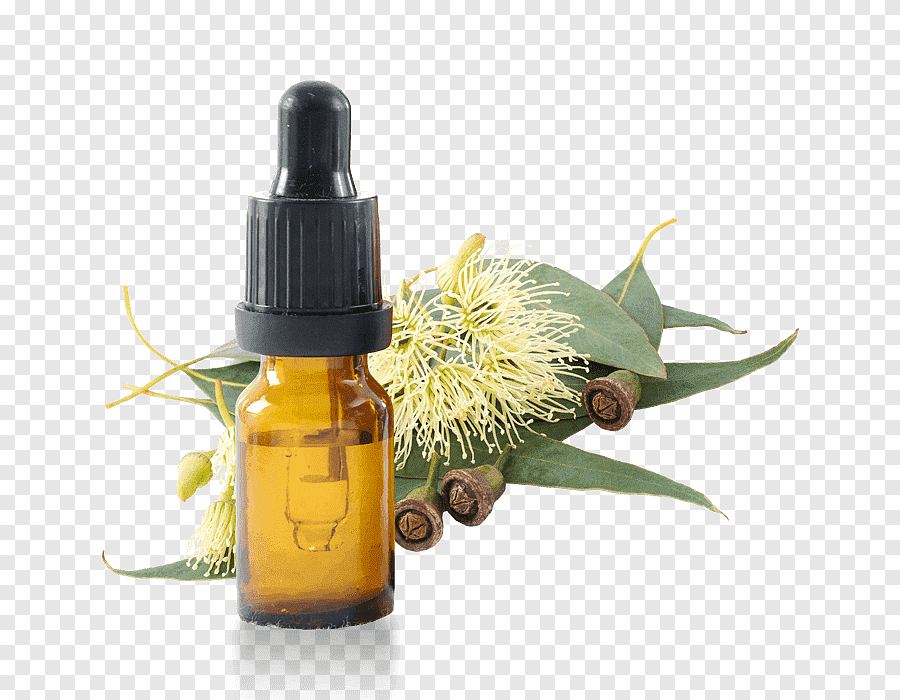 Health Related Issues
Health Related Issues24394239.png)


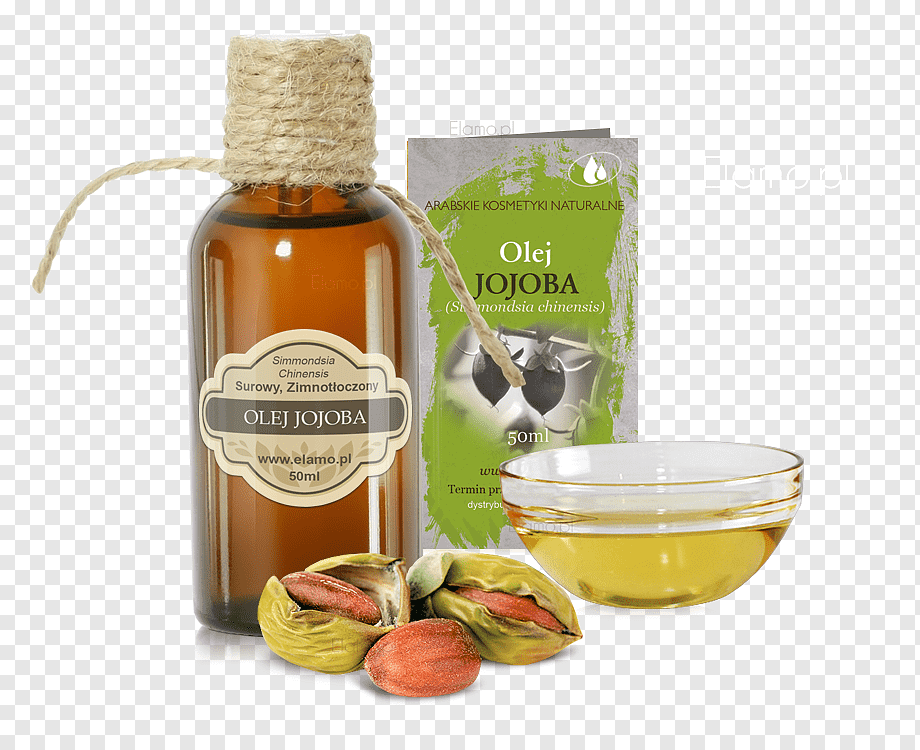


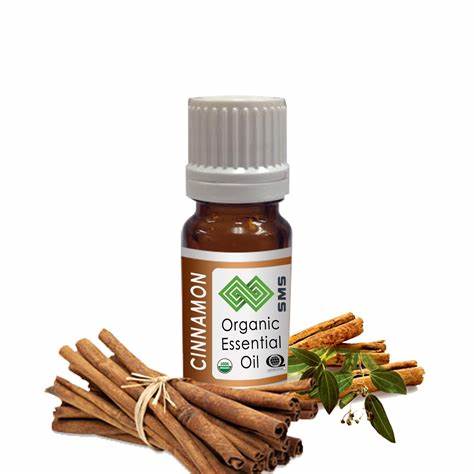
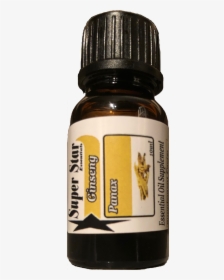


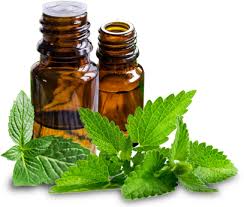





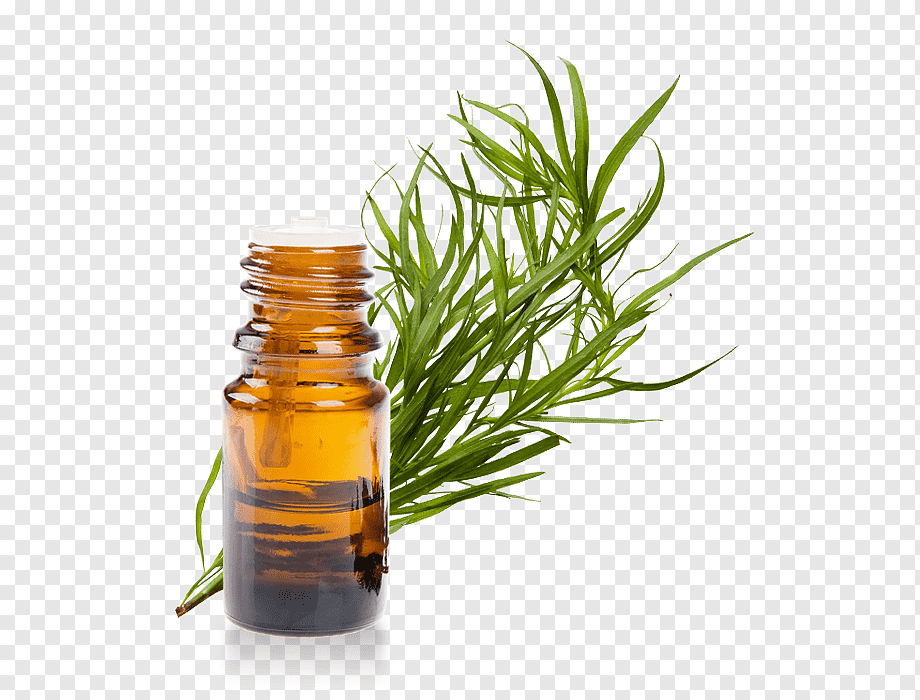
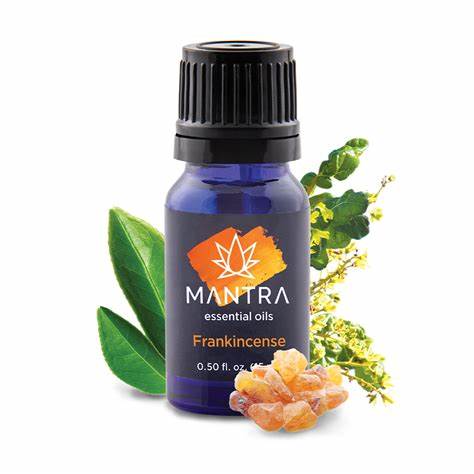
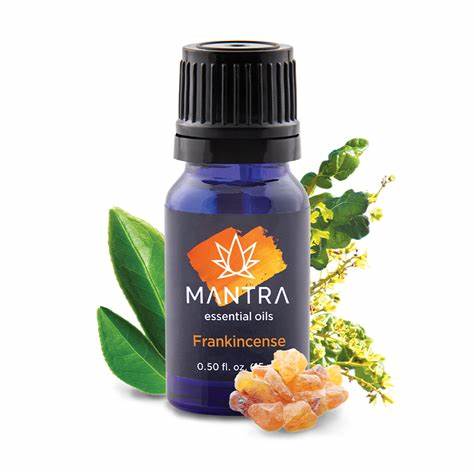


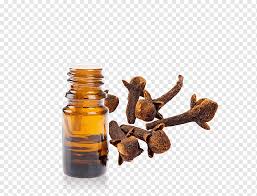



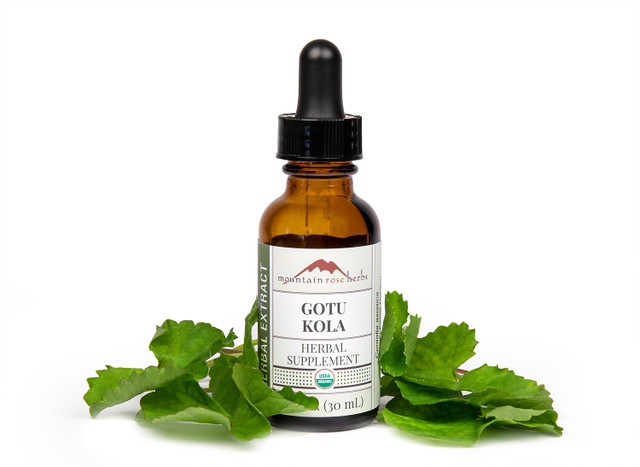
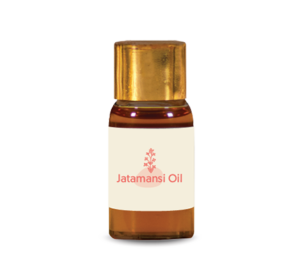
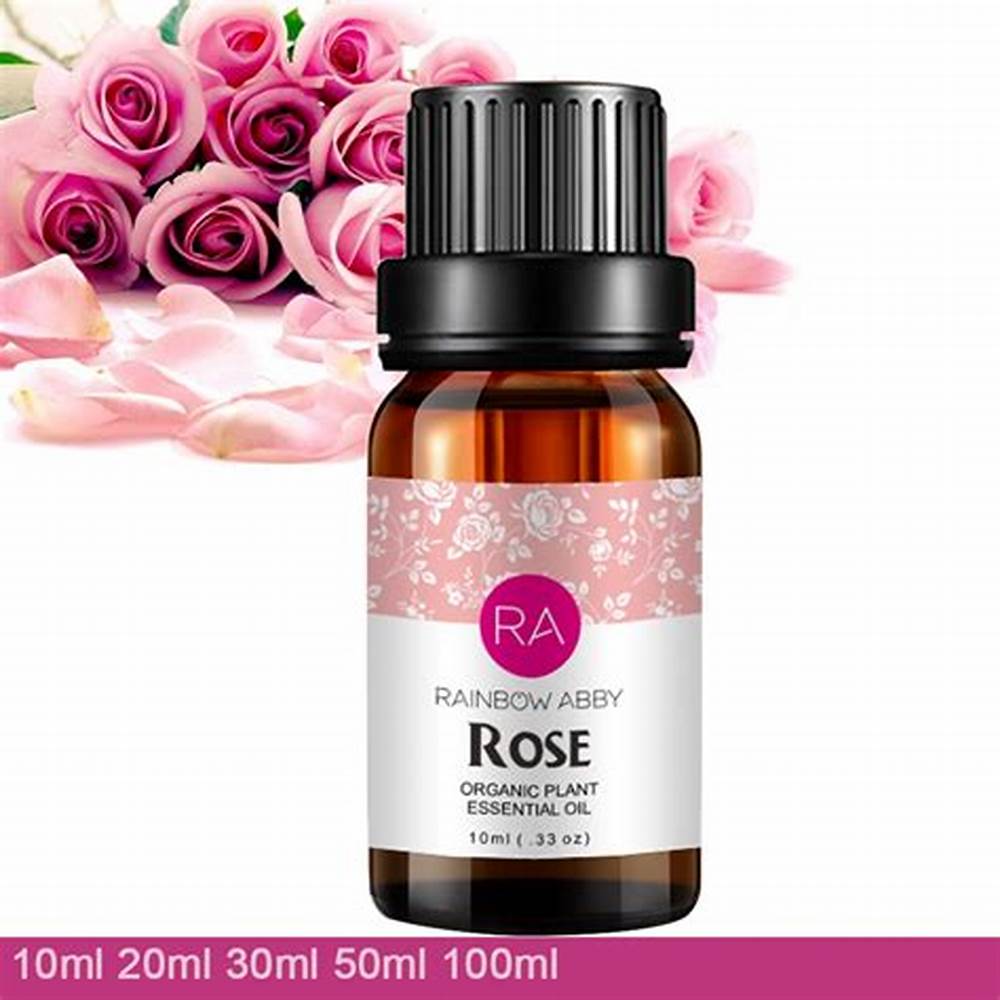
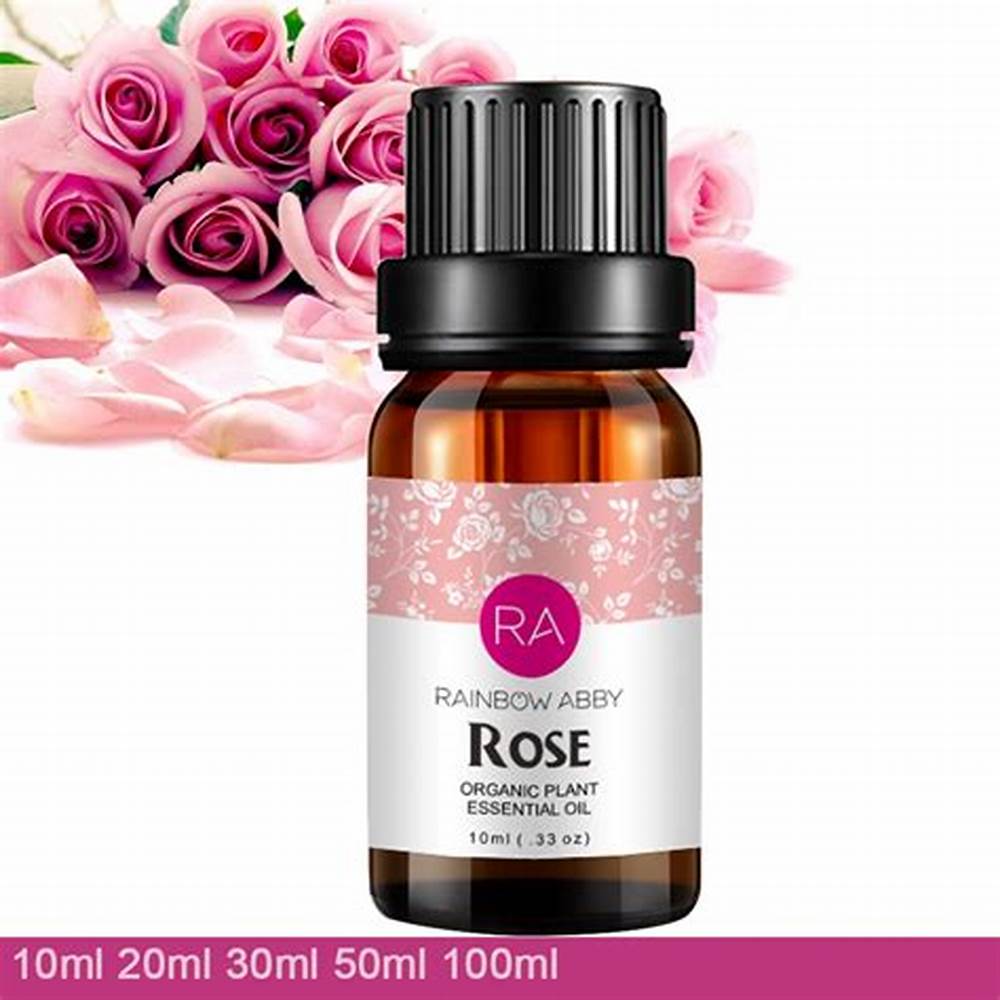


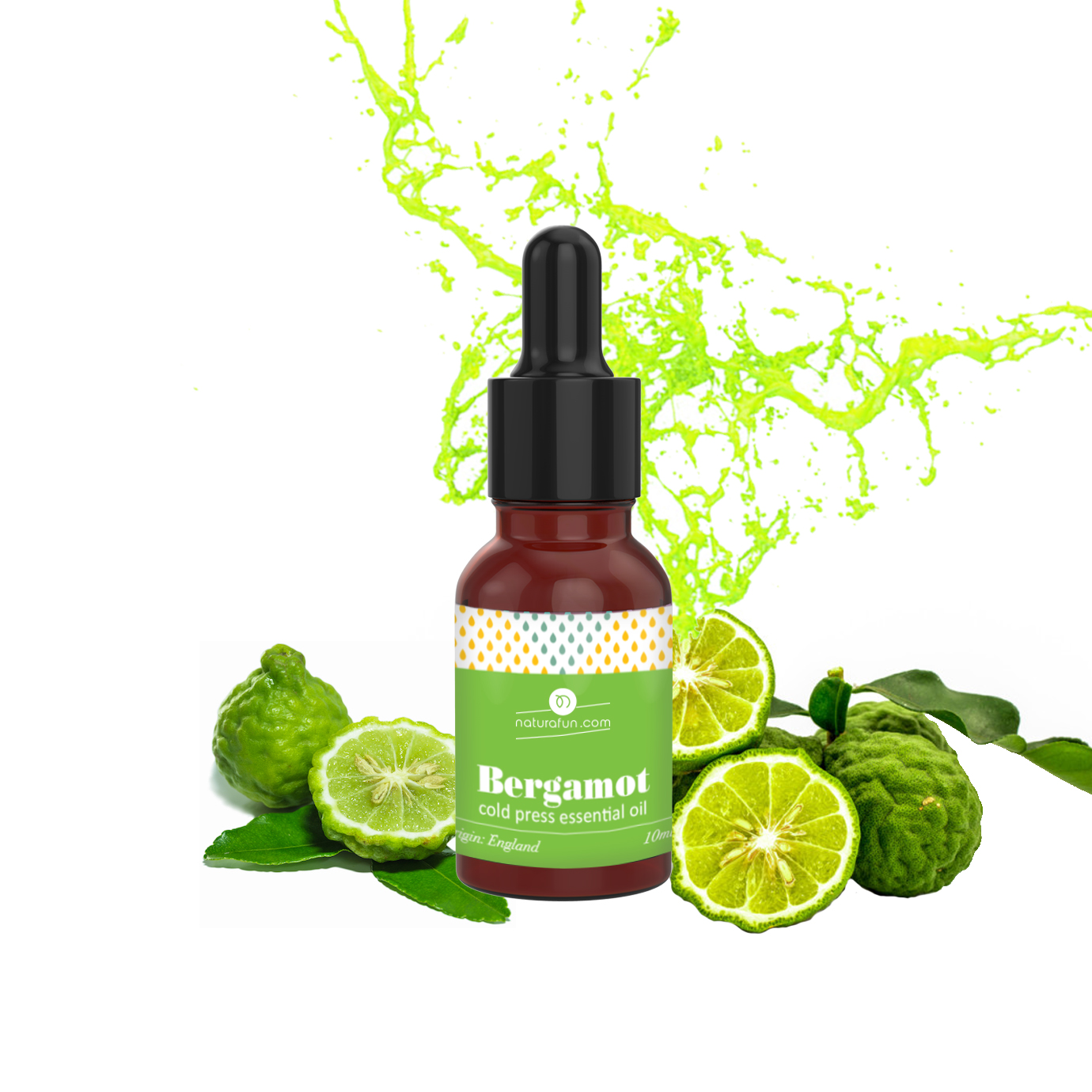

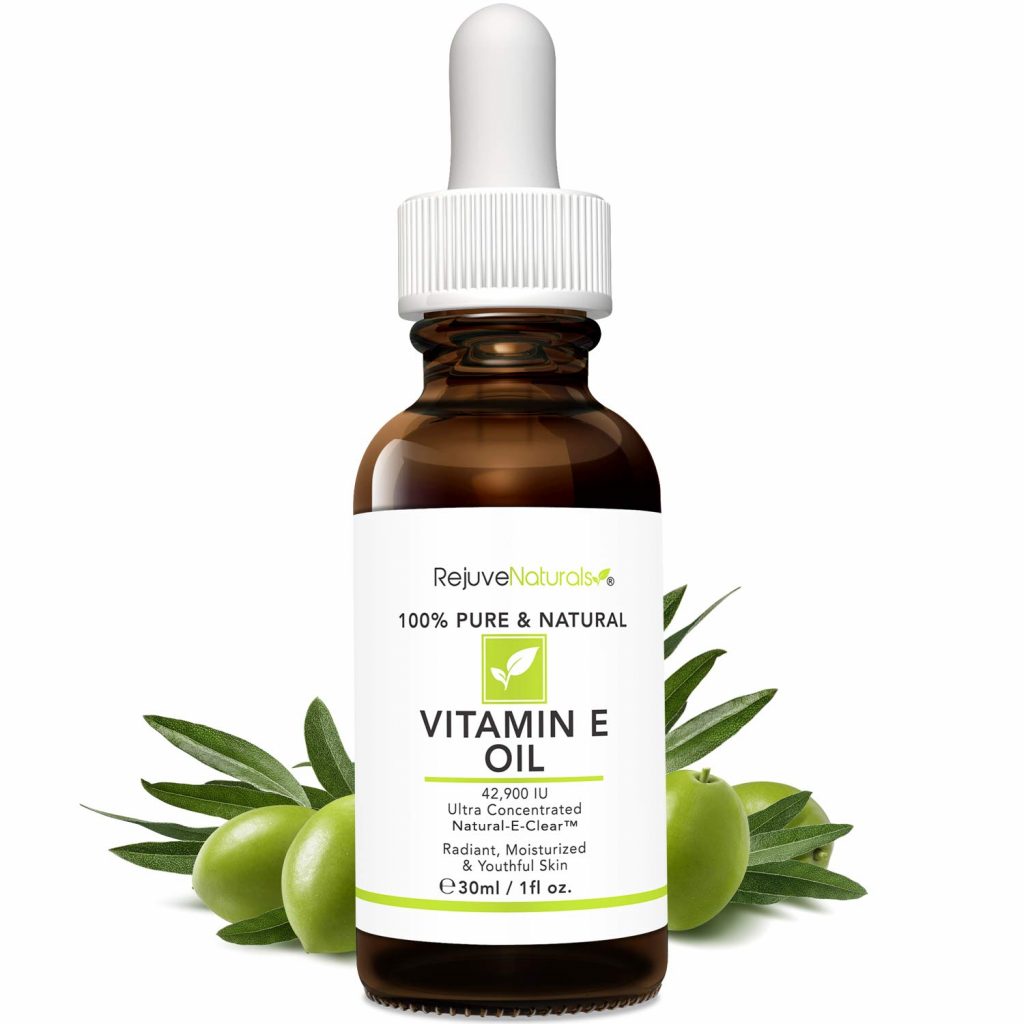
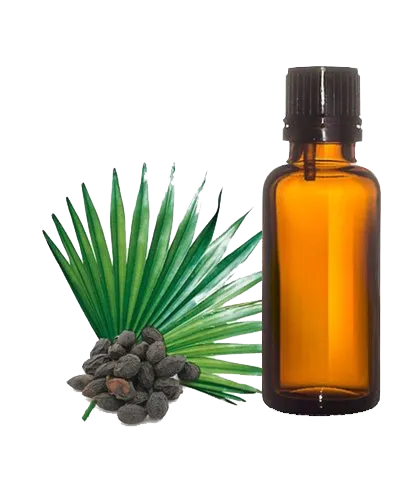
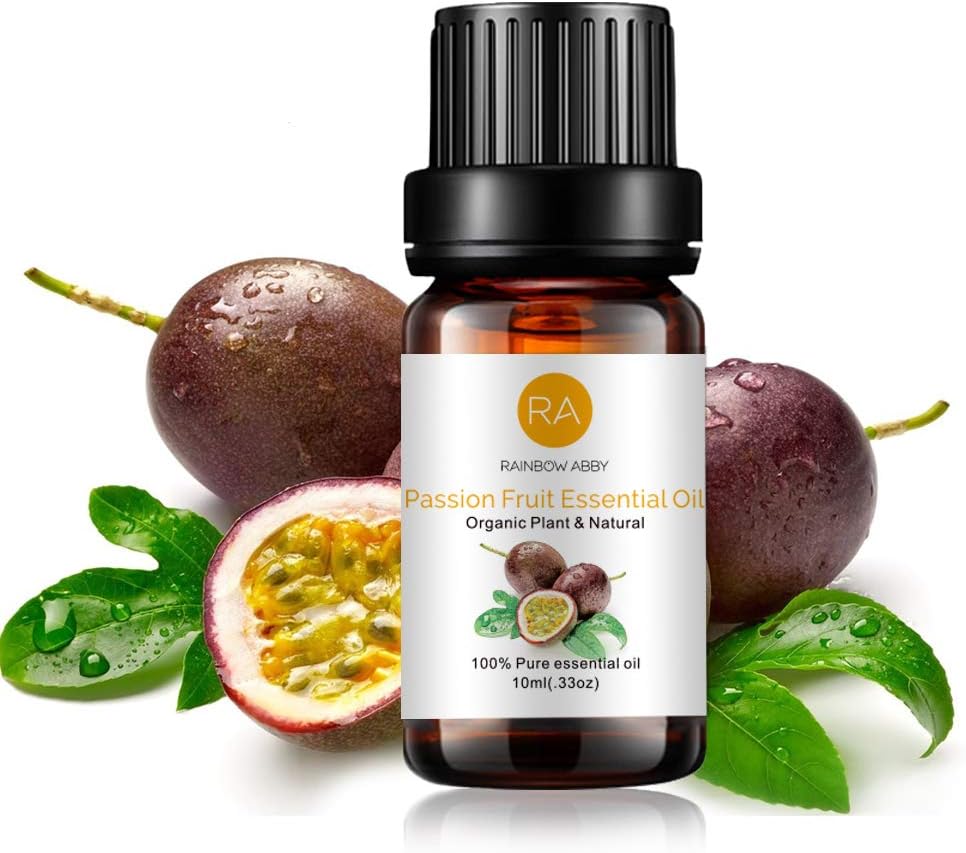




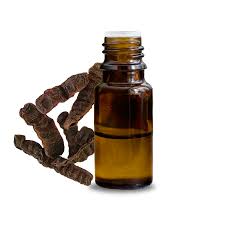
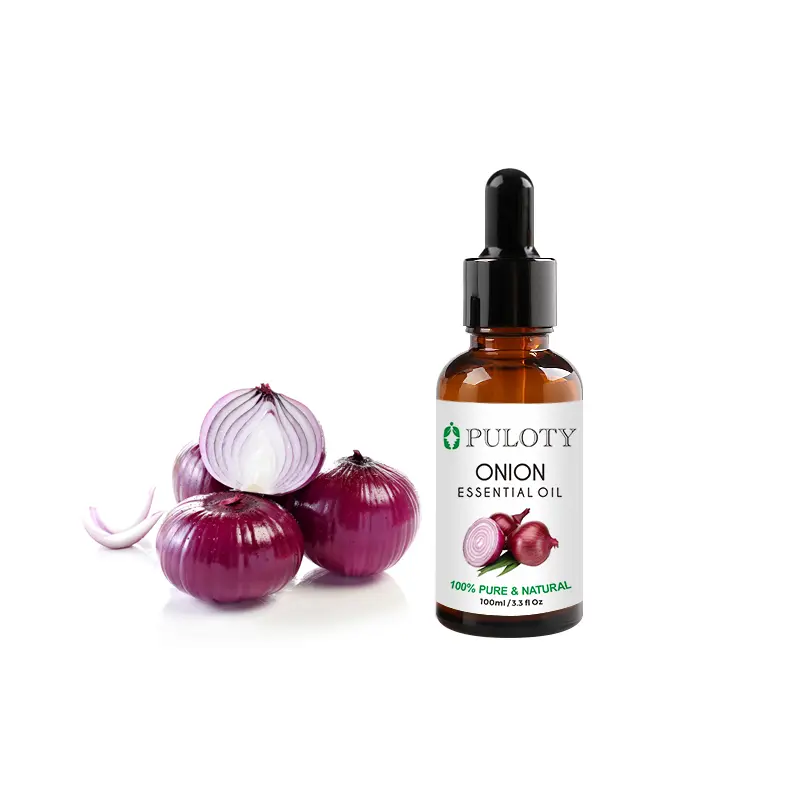






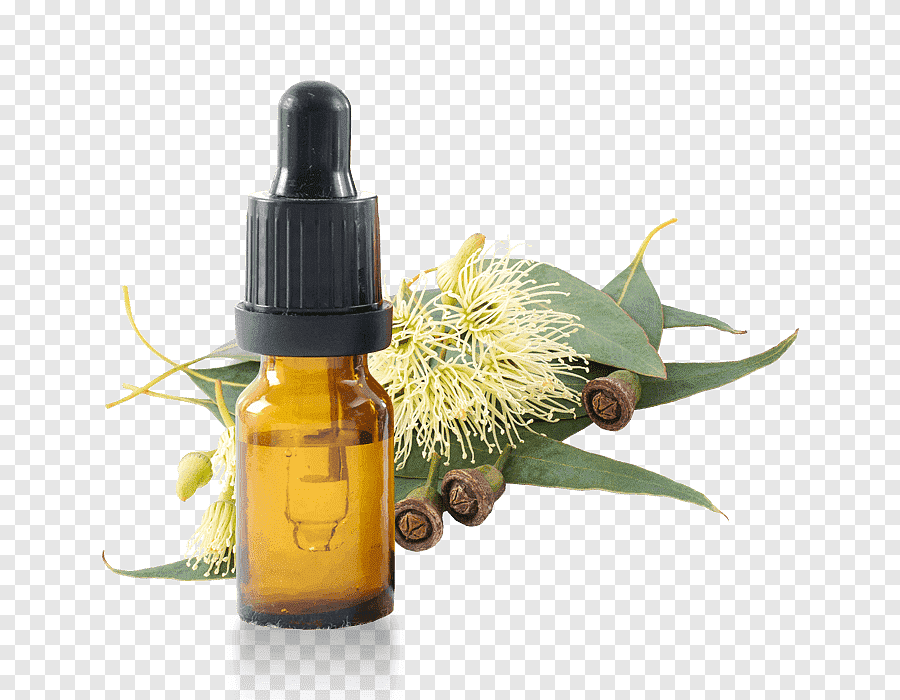

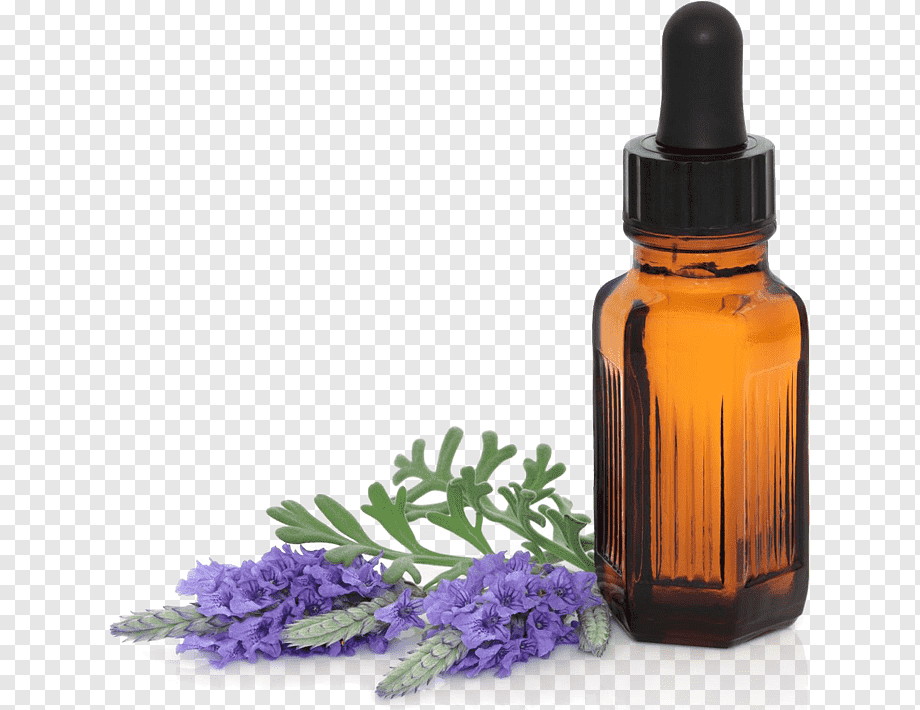

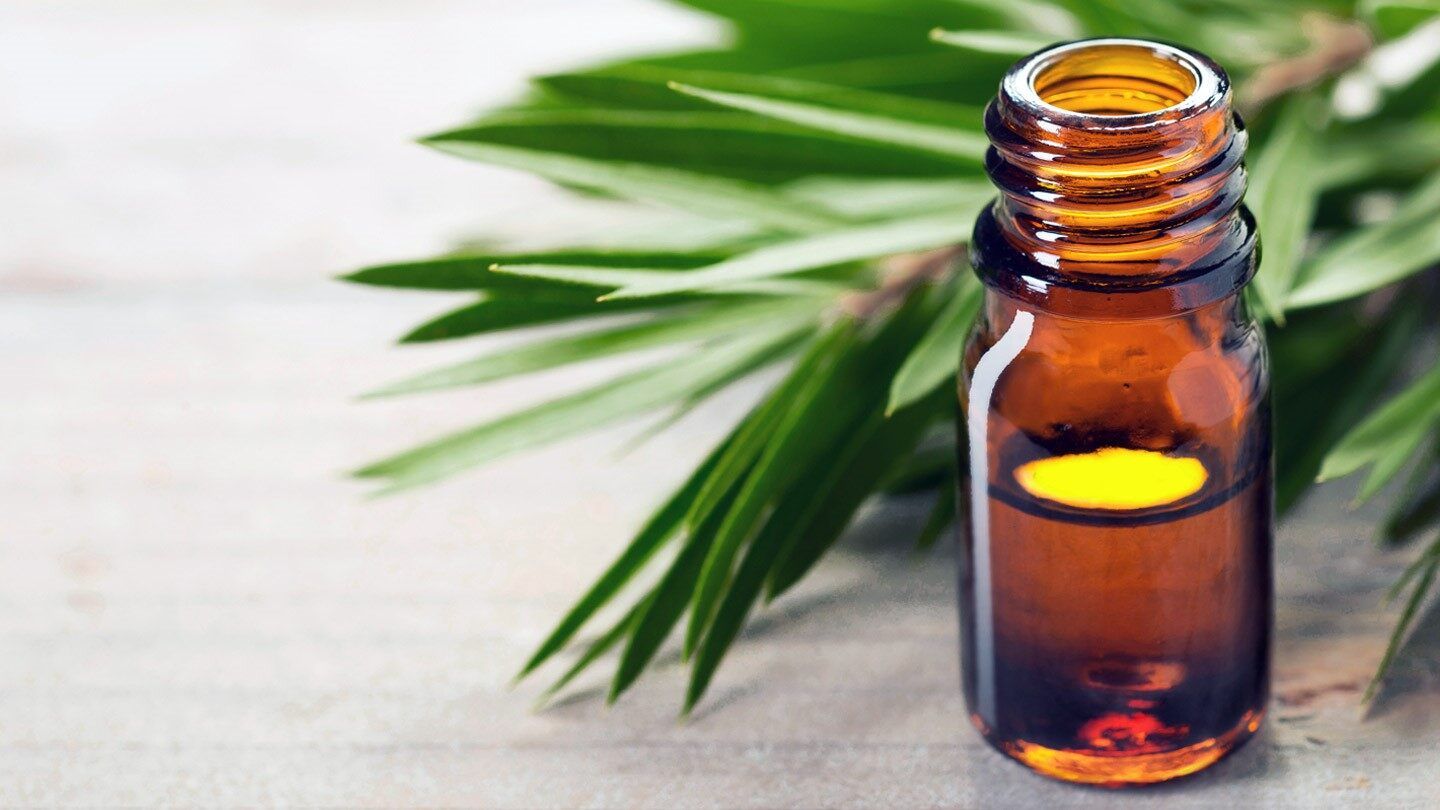
22354205.jpg) Lower
Lower abc
abc wellness
wellness Hair Fall
Hair Fall Skin Care
Skin Care Sensuality
Sensuality Carry
Carry Hair oil
Hair oil Gray to Black
Gray to Black Hair Growth
Hair Growth Sexual Wellness & Sensuality
Sexual Wellness & Sensuality NFC
NFC Lavender
Lavender Health Related Issues
Health Related Issues Natural Herbs
Natural Herbs Immunity
Immunity Joints Pain
Joints Pain Diabetic Issues
Diabetic Issues Skin,Fever,Cancer
Skin,Fever,Cancer Heart Related Issues
Heart Related Issues
Customer questions & answers
Customer reviews
4.8 out of 5